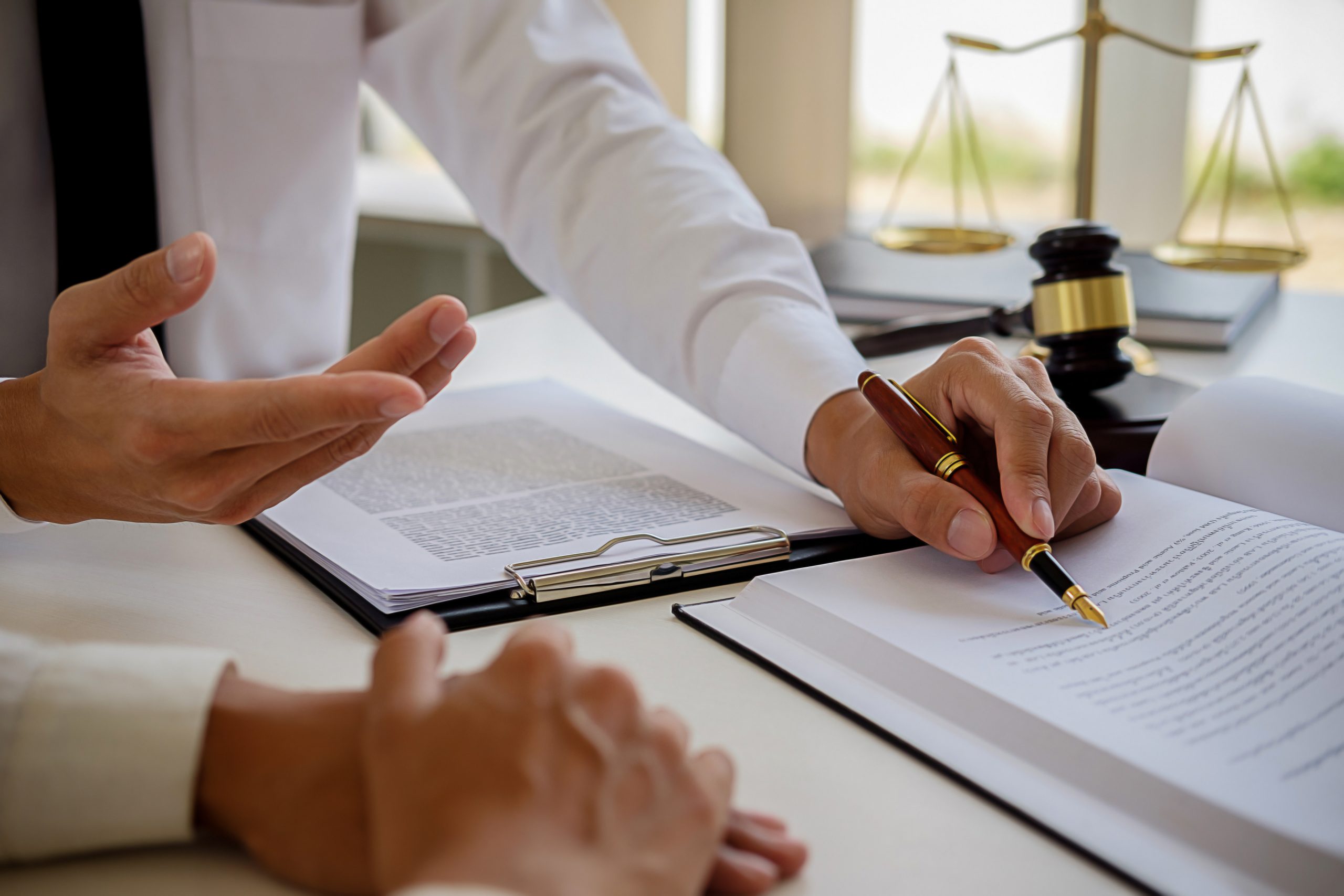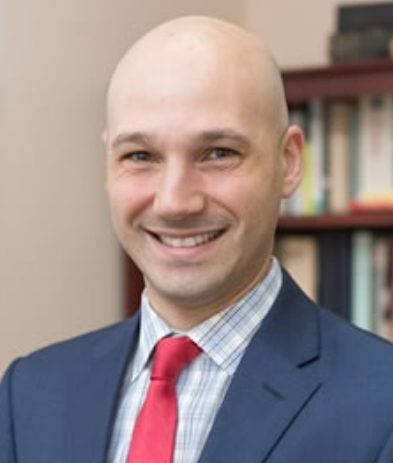There are a wide variety of legal questions which may require a forensic psychiatrist to render an expert opinion.
For example, if you believe that you were the victim of medical negligence involving psychiatric care, you will likely need a forensic psychiatrist to review your case and provide an expert opinion to the court on whether the treatment you received met the standard of care. The defendant (i.e. the doctor rendering psychiatric care) will likely hire a forensic psychiatrist to analyze the care provided and opine whether it met the standard of care. This is an example from civil law.
In criminal law, a criminal defendant may require evaluation by a psychiatrist. For example, if the prosecution or the defense attorneys believe the defendant is not fit to stand trial (i.e. not mentally competent), a competency/fitness evaluation will be ordered by the court (in New York State this is called a “730 examination”). The psychiatrist will seek to answer whether the defendant is mentally competent to stand trial.
Another example from criminal law involves a defendant who believes he was not able to form the requisite mental state to be guilty of the crime charged. Certain crimes (such as murder) require the accused to have had a particular mental state (in the case of murder, “intent to cause the death of another person”). A forensic psychiatrist may be retained to evaluate the defendant’s mental state at the time of the offense. The prosecution may hire their own forensic psychiatrist to conduct an evaluation. There are numerous other types of situations which may arise in the criminal legal setting.
In family law, a question may be raised whether one member of a divorcing couple is fit to be a parent. A forensic psychiatrist will be hired by the divorcing couple, or by the court, to provide an assessment on the parent’s fitness.
In an administrative proceeding, such as a worker disability claim, the administrative body that must decide whether a claim has been met may require an expert opinion. For example, a worker who claims to have PTSD and depression from an accident in the workplace may require an independent evaluation by a forensic psychiatrist.
These are just a few examples of the kind of medical-legal questions which may give occasion for a forensic psychiatrist to be retained.


